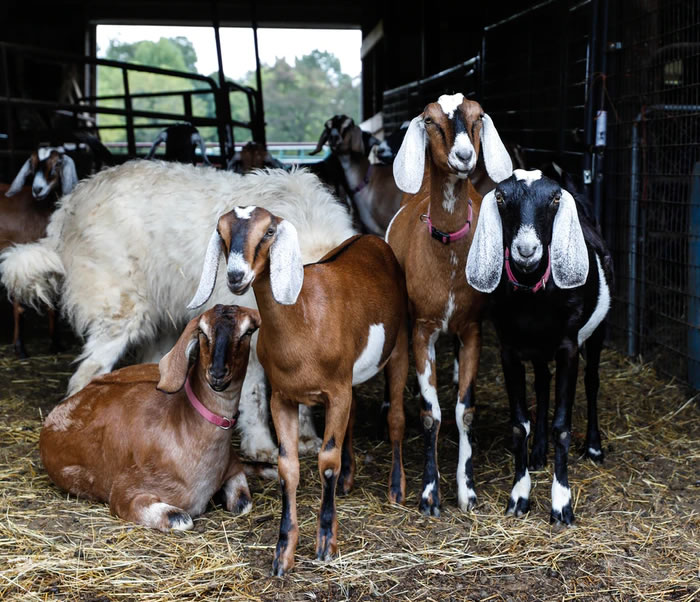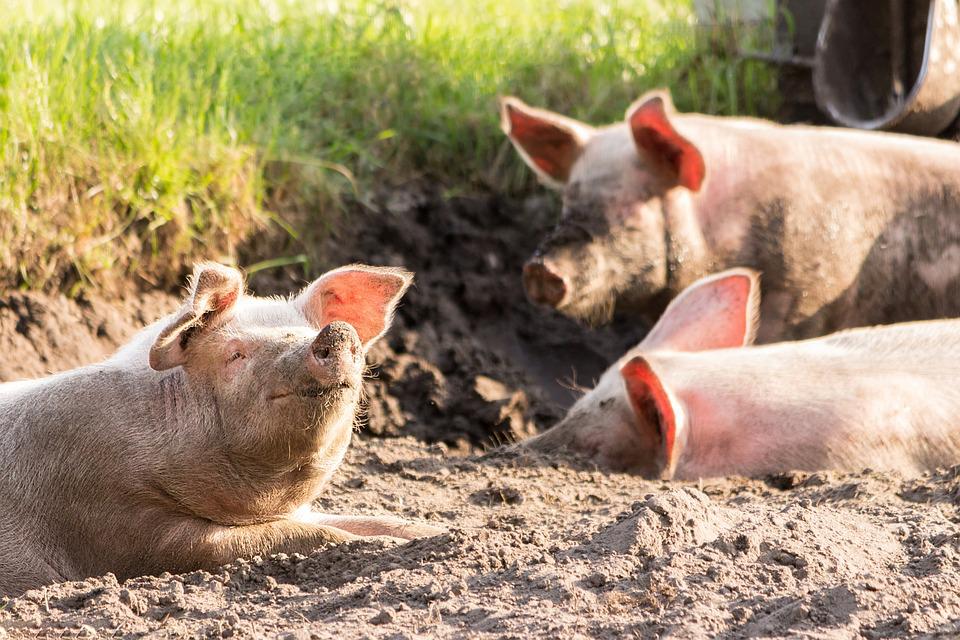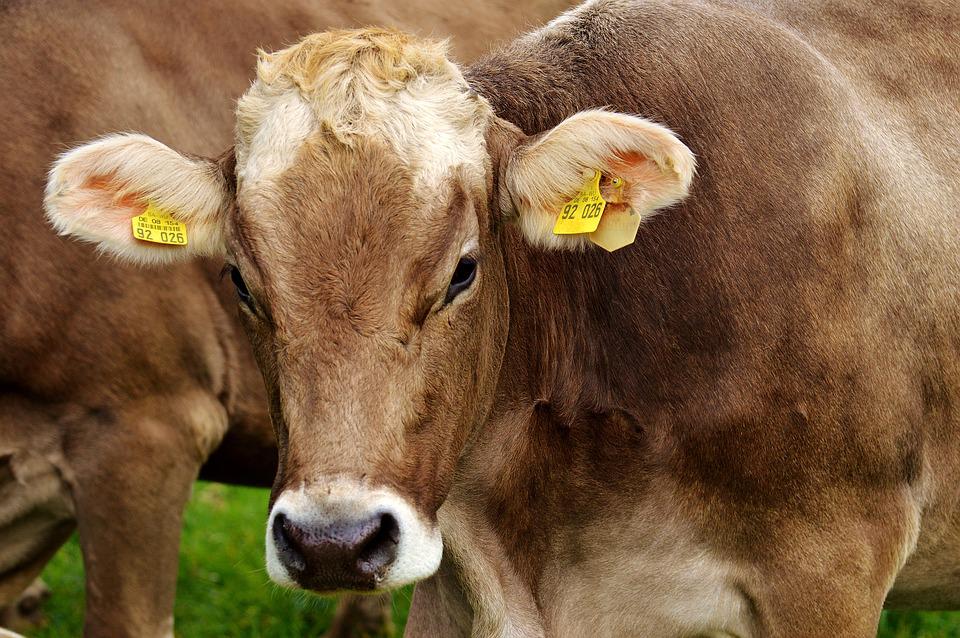When considering the capacity for executing tricks, dogs undeniably hold the crown in the animal kingdom. Their pliability, sharp cognitive capabilities, and willingness to engage with humans in playful and educational manners have been demonstratively unparalleled. However, if we shift our lens toward the pastoral environments, a pertinent query arises: Can farm animals also perform tricks similar to dogs?
Defining Animal Tricks and Trainability
Before diving deeper, let’s define animal tricks and trainability.
- Animal tricks are actions or behaviors, often outside the creature’s regular scope, trained to be performed upon command.
- Trainability refers to an animal’s aptitude to learn and execute these actions consistently.
Canines often feature predominantly in discussions around trainability due to their proven capability to learn a diverse range of commands and tricks. They can sit, stay, fetch, and even respond to more intricate commands, owing to their historical roles as working animals alongside humans.

Potential Amongst Farm Animals
Farm animals, typically seen through the utilitarian lens, hold a surprising repository of cognitive and physical potential for tricks. Let’s explore this intriguing world, where cows, goats, and pigs step into the spotlight.
Cows: Gentle Giants with Hidden Talents
Cows, often typecast as mere milk-producing entities, reveal an astonishing depth of cognitive abilities when explored further. Studies, like those from the University of British Columbia, have shown that cows possess emotional intelligence and the ability to solve problems.
- Emotional Intelligence: Cows exhibit emotions like fear, excitement, and even stress, indicating a level of sensitivity and awareness conducive to learning and performing tasks.
- Problem-solving: Cows can solve puzzles and even navigate through challenges when motivated, typically by food rewards.
Imagine a scenario where a cow, similar to a dog, responds to commands like ‘sit’, ‘stand’, or even more complex ones like navigating through a simple obstacle course. With consistent and positive reinforcement-based training, cows have demonstrated the ability to comprehend and respond to such directives.

Pigs: The Whizz-kids of the Barnyard
Oft-cited in animal intelligence discourse, pigs stand out with their remarkable cognitive prowess. Dr. Stanley Curtis, a renowned animal scientist, demonstrated that pigs could control a cursor on a video screen with their snouts and even learn to play simple video games.
- Memory: Pigs showcase a robust memory, enabling them to recall learned tricks and commands.
- Social Learning: Their ability to observe, mimic, and learn from their surroundings and companions gives pigs an edge in learning new behaviors.
Linking this with tricks, pigs can learn a series of actions, such as sitting, turning in circles, and even fetching items, mirroring the capabilities often associated with dogs.
Goats: Agile and Aware
Goats, with their inherent curiosity and agility, also encapsulate a trick-performing potential. Studies, like those from Queen Mary University of London, spotlight goats’ capabilities to learn complex tasks and even recall them after long intervals.
- Adaptability: Goats adapt to varied environments and can learn to navigate through them, a precursor for learning tricks involving movement and navigation.
- Long-term Memory: Their ability to remember tasks provides a foundation for consistent trick performance over time.
With this foundation, goats can be trained in tricks involving jumping through hoops, moving between poles, or even performing simple fetch-and-return tasks.
Methodologies and Ethical Considerations
Implementing tricks among farm animals is not merely a matter of mirroring canine training methods. Here, methodologies and ethics intertwine.
- Positive Reinforcement: Utilizing rewards (like treats or affection) to encourage desired behaviors.
- Consistency: Ensuring that commands and rewards are consistent to avoid confusion and enhance learning.
- Respect for Animal Welfare: Ensuring that the training and tricks are not causing stress or harm to the animals.
Embedding ethics, it’s imperative to remember that while exploring the trick-performing capacities of farm animals, their welfare, comfort, and natural behaviors should not be compromised. Respect for the animals, understanding their limitations, and ensuring that the tasks are not causing any physical or mental strain is paramount.
Final Thoughts
While farm animals may not supersede dogs in trick-performing dexterity, the undercurrents of cognitive and physical capabilities present within cows, pigs, and goats are undeniable. Their capacities for emotional intelligence, memory, and social learning, although varying, unveil a potential that transcends utilitarian views.
As humans, it is our prerogative to approach this potential with respect, ensuring that any endeavor into training these gentle beings is rooted deeply in ethical and compassionate practices. A mindful approach not only enriches our understanding of these creatures but also paves the way for an enhanced coexistence, where we acknowledge and celebrate the hidden talents residing within the farmyard.





